In a huge conservation win, acting on the demands of animal right activists, India has banned the import of skin of reptiles like crocodiles and alligators. The government has also banned the import of fox fur. The skins and fur are in huge demand in the fashion industry to create bags and other accessories. Thankfully for the animals, India is now keen to keep them away and safe from the glamour of fashion.
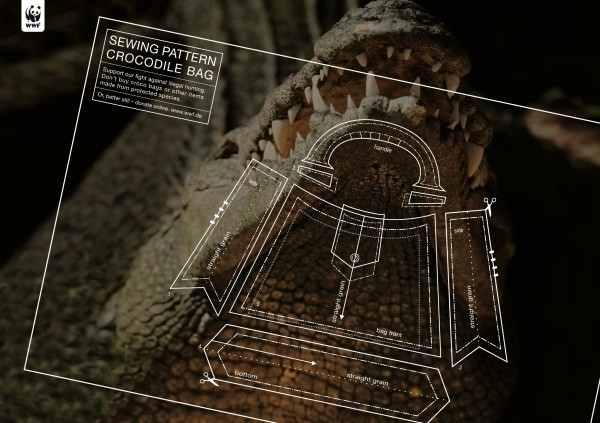
A notification to this effect was issued by the directorate general of foreign trade (DGFT) on January 3 amending the trade policy of India, prohibiting the import of reptiles skins and the furs of chinchilla, foxes and minks.
Read More: Farmers, Forest Officials And WWF Unite To Save The Gharials
“We commend the DGFT and Environment Ministry for its firm commitment in abolishing the import of exotic skins, exotic fur, skin. Leather industry slaughters, bludgeons and skins millions of animals every year in the name of frivolous fashion,” said Gauri Maulelhi of Humane Society International (HSI) India’s government liaison.
The Gory Truth Behind The Bag
Not many people realise that behind their highly fashionable bags and accessories from famous brands like Louise Vuitton, is a grim industry that skins animals alive to get the leather needed to create the products.
In December 2016 PETA US released a video that exposes the crocodile farms of Vietnam. You can watch the video here to see for yourself the barbaric act.
(Graphic Images of Animal Cruelty. Viewer discretion is adviced)
Partly due to the consistent work of organisations like PETA, and partly due to the involvement of animal welfare leaders like Maneka Gandhi, India now has a stronger policy against exotic skin import.
You can help at your end too by deciding not to buy any fashion products that have been created by slaughtering animals.
Read More: Animals Killed In Thousands On World Environment Day
Featured Image via wikimedia

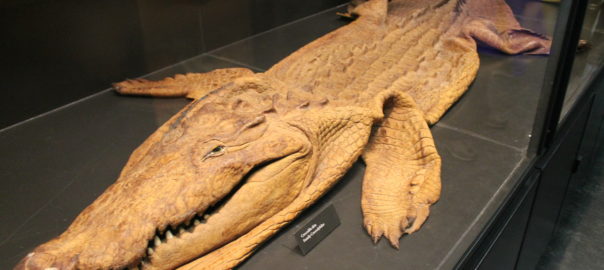
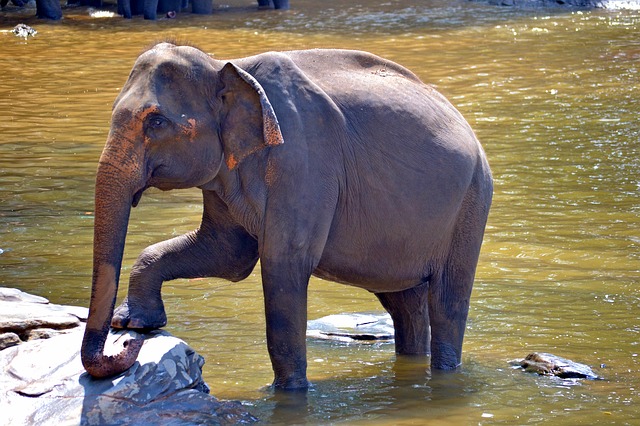
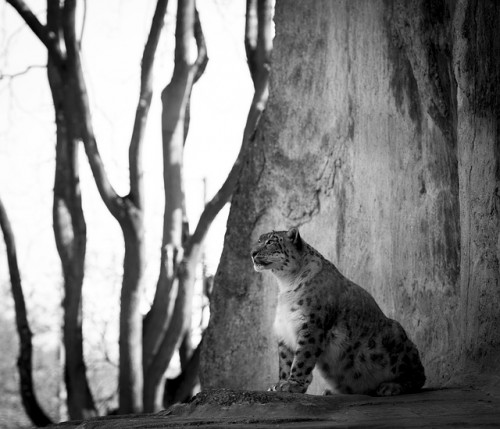
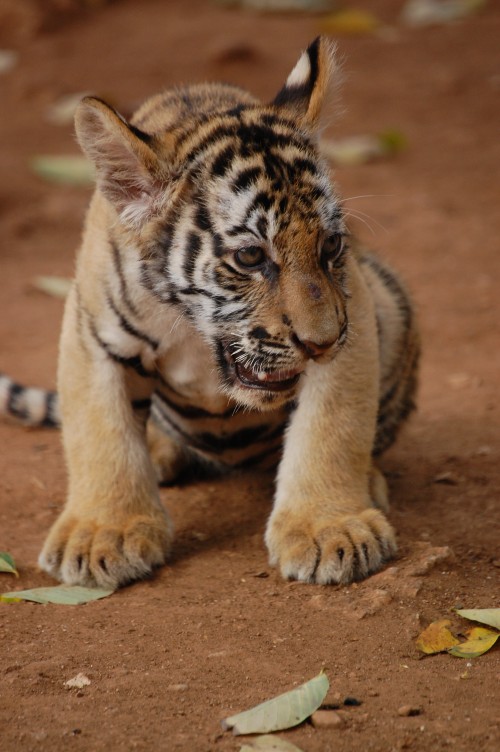
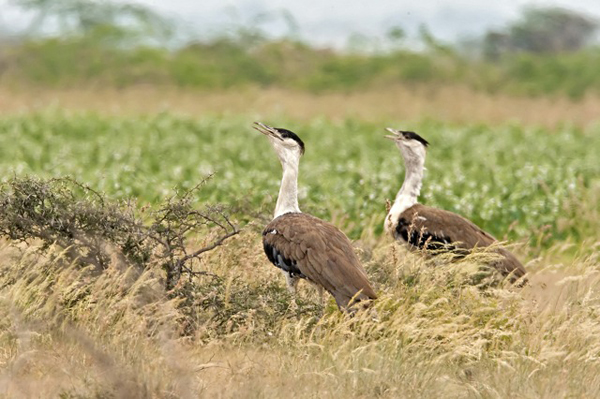
I just have a query, Can a person but a crocodile leather product accompanied with a CITES certificate online from a foreign website. Will it be allowed to be used in India if accompanied by a CITES certificate? (Please note:I am definitely against animal cruelty, I am just asking this question for information/education purpose)